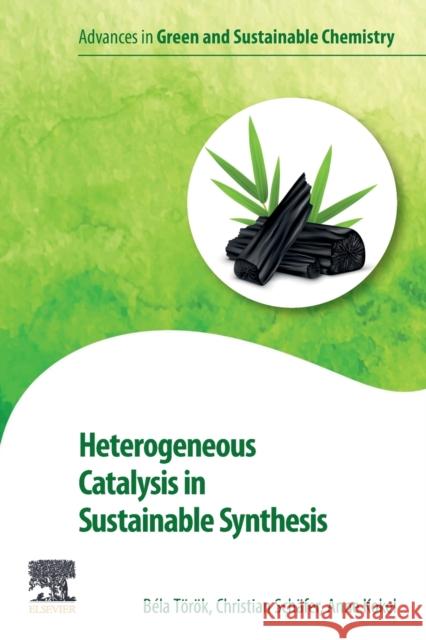Heterogeneous Catalysis in Sustainable Synthesis » książka
topmenu
Heterogeneous Catalysis in Sustainable Synthesis
ISBN-13: 9780128178256 / Angielski / Miękka / 2021 / 510 str.
Kategorie:
Kategorie BISAC:
Wydawca:
Elsevier
Seria wydawnicza:
Język:
Angielski
ISBN-13:
9780128178256
Rok wydania:
2021
Numer serii:
000922224
Ilość stron:
510
Waga:
0.89 kg
Wymiary:
22.86 x 15.24 x 3.45
Oprawa:
Miękka
Wolumenów:
01
Dodatkowe informacje:
Bibliografia











